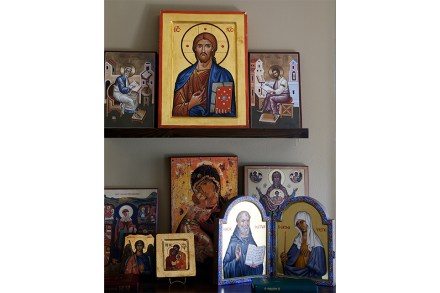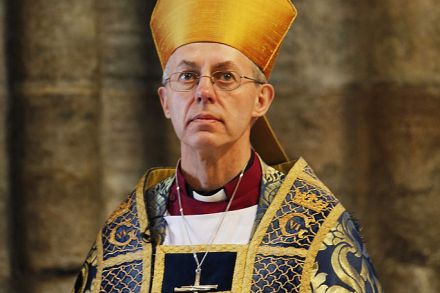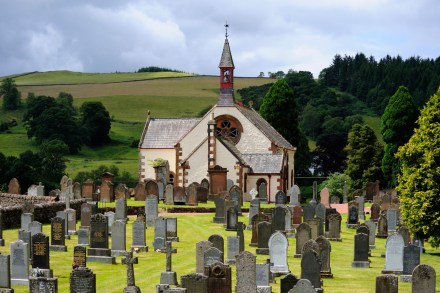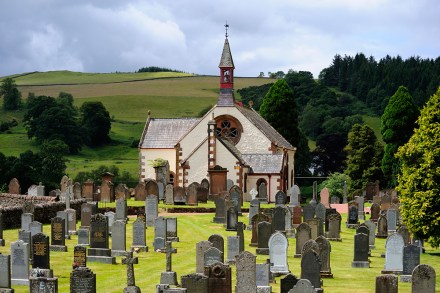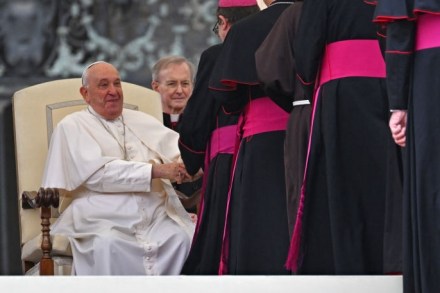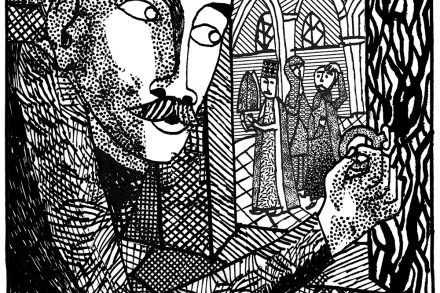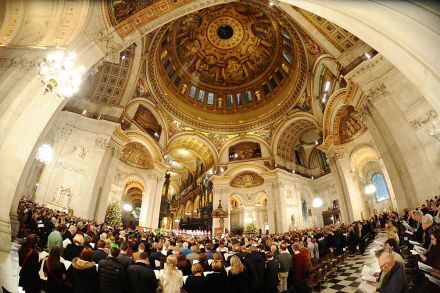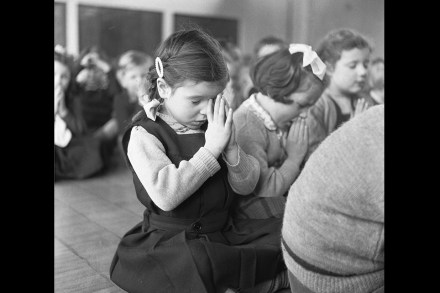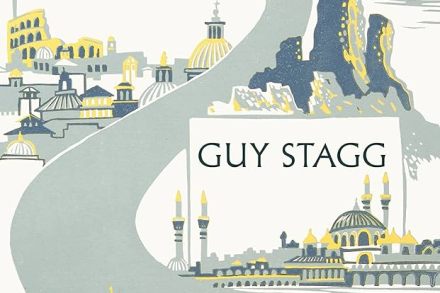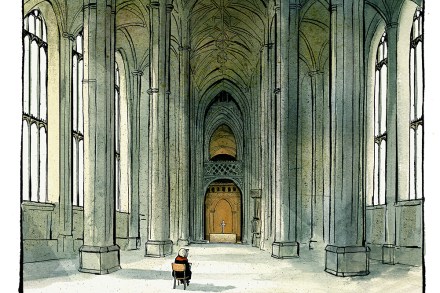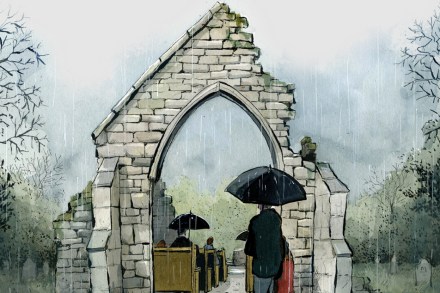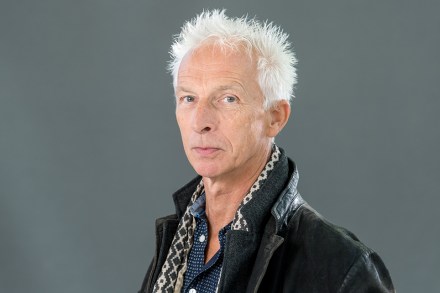In defence of faith
For what should we give thanks this Christmas? The faith that sustains millions through life’s challenges and inspires countless acts of compassion every day? The hope that our world may be redeemed by love? The charity that makes us think of the voiceless and the vulnerable who need our love and protection? Faith, hope and charity are virtues at the heart of Christian belief. They are not exclusive to Christianity, of course, but the place of religion in our national life has underpinned the moral reasoning which has upheld our civilisation. The idea that atheists are privyto some higher level of neutrality doesn’t stand up to scrutiny The principle of



